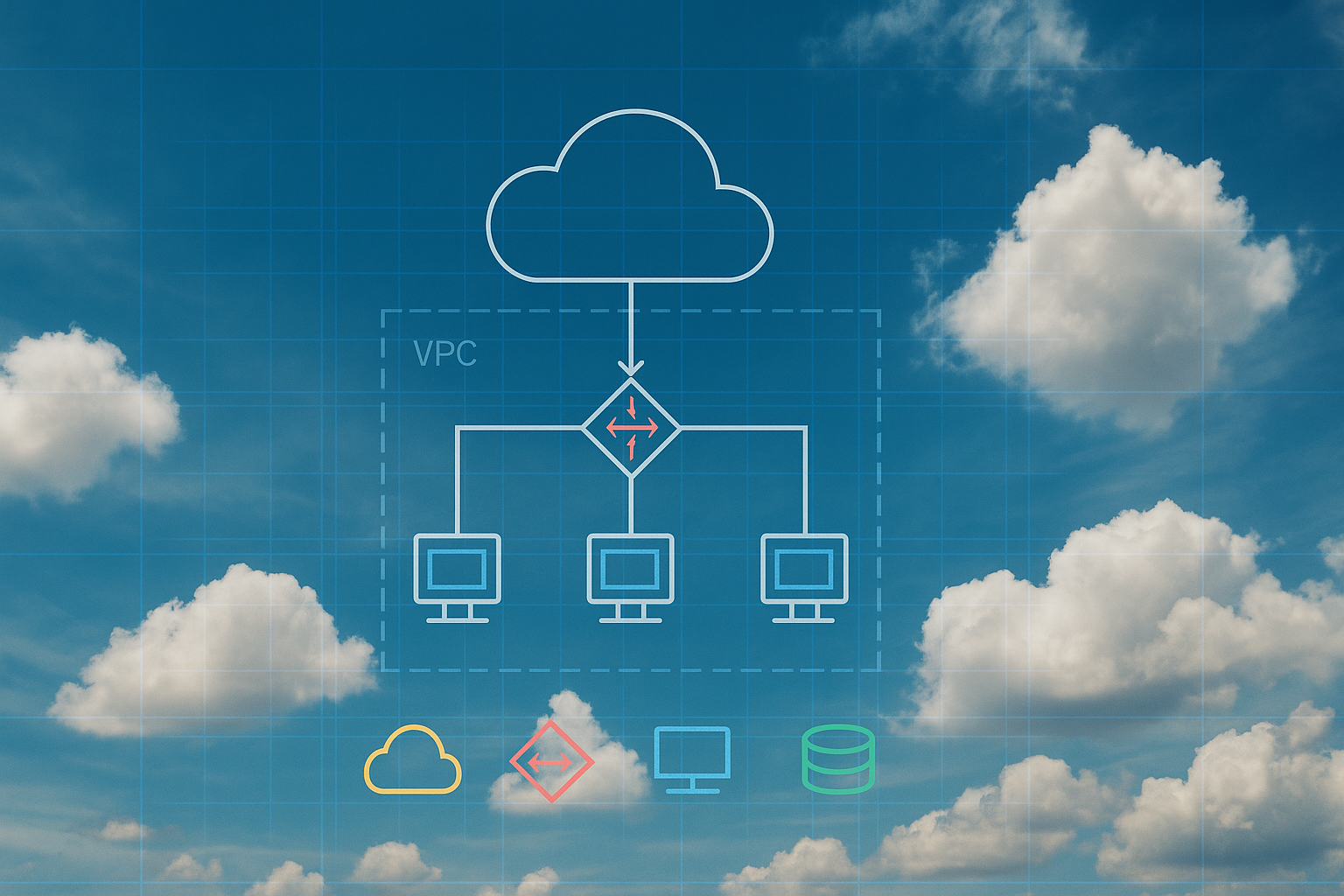GitHub Foundations
På den här kursen får du en praktisk introduktion till Git och GitHub, med fokus på hur du kan arbeta mer effektivt med modern mjukvaruutveckling. Du lär dig grunderna i versionshantering, samarbete i team, säkerhetsfunktioner och hur AI och molnbaserade verktyg kan stödja ditt arbete.
Du får öva på centrala Git-kommandon och lära dig hur du skapar och hanterar GitHub-repositorier, grenar och pull requests. Kursen innehåller även moment kring GitHub Copilot , ett AI-verktyg som hjälper dig skriva kod, samt GitHub Codespaces, en utvecklingsmiljö direkt i molnet.
Efter kursen har du en stabil grund i Git och GitHub och kan dra nytta av plattformens verktyg för att arbeta mer strukturerat, säkert och effektivt i dina projekt.
Målgrupp och förkunskaper
Kursen vänder sig främst till utvecklare, tekniska skribenter och andra som är nya inom Git och GitHub och vill få en gedigen förståelse för grundläggande funktioner och samarbetsverktyg.
Du bör ha grundläggande förståelse för mjukvaruutveckling, viss vana vid att arbeta i kommandorad och gärna erfarenhet av versionshantering och Microsoft Azure.
Detaljerad information
Kursmaterialet är på engelska, med detta innehåll:
Module 1: Introduction to Git
Introduces version control concepts and terminology, and explains the differences between Git and GitHub. Participants learn how to configure Git, understand key commands like git status, git add, and git commit, and gain hands-on experience using Git in Azure Cloud Shell.
Module 2: Introduction to GitHub
Covers GitHub fundamentals, including repositories, branches, commits, and pull requests. The module explores collaborative features like issues and discussions, repository management, and notification settings, with an interactive guided tour of GitHub.
Module 3: Introduction to GitHub's products
Explains different GitHub account types (Personal, Organization, Enterprise) and subscription plans (Free, Pro, Team, Enterprise). It includes features available in GitHub Mobile and Desktop, and provides an overview of billing and payments.
Module 4: Configure code scanning on GitHub
Details how to implement and configure code scanning using CodeQL, third-party tools, and GitHub Actions. Participants learn about scan triggers, workflow customization, and uploading SARIF files for security analysis.
Module 5: Introduction to GitHub Copilot
ntroduces GitHub Copilot and how it enhances coding with AI-powered suggestions. The module covers setup, configuration, use in different environments, and features like inline suggestions, chat, and command palette.
Module 6: Code with GitHub Codespaces
Explores GitHub Codespaces as a cloud-based development environment. Participants learn how to create, customize, and manage codespaces, and understand the differences between Codespaces and GitHub.dev.
Module 7: Manage your work with GitHub Projects
Teaches how to use GitHub Projects for issue tracking, planning, and automation. It explains project creation, grouping, views, access management, and provides insight into using charts and automations for project tracking.
Module 8: Communicate effectively on GitHub using Markdown
Covers the use of Markdown syntax to format content in GitHub. Participants learn how to add text emphasis, headings, lists, links, tables, and code blocks, and use GitHub-flavored Markdown features.
Module 9: Contribute to an open-source project on GitHub
Guides learners through the process of contributing to open-source projects. Topics include forking, branching, creating pull requests, communicating with maintainers, and participating in open-source communities.
Module 10: Manage an InnerSource program by using GitHub
Explains how to manage an InnerSource program within an organization by applying open-source principles. It covers repository discoverability, README best practices, issue and PR templates, and collaboration workflows.
Module 11: Maintain a secure repository by using GitHub best practices
Covers best practices for maintaining a secure GitHub repository, including using .gitignore to prevent committing sensitive data, configuring branch protection rules, and using GitHub tools like Dependabot, code scanning, and secret scanning to identify and remediate vulnerabilities.
Module 12: Introduction to GitHub administration
Explains GitHub administration across enterprise, organization, and team levels. Participants learn how to manage members, configure authentication methods, assign permission levels, and enforce security policies using tools like SAML SSO, SSH keys, and PATs.
Module 13: Authenticate and authorize user identities on GitHub
Focuses on authentication and authorization strategies for GitHub Enterprise. Topics include SAML SSO, SCIM integration for automated provisioning, two-factor authentication, and team synchronization using identity providers like Microsoft Entra ID and Okta.
Module 14: Manage repository changes by using pull requests on GitHub
Teaches how to manage source code changes using pull requests. Participants learn about creating and reviewing pull requests, understanding merge strategies, and collaborating through comments and change suggestions.
Module 15: Search and organize repository history by using GitHub
Shows how to search repository history effectively using filters, Git Blame, and autolinks. The module also covers cross-linking issues and pull requests to improve traceability and communication.
Module 16: Using GitHub Copilot with Python
Demonstrates how to use GitHub Copilot to assist with Python development. Learners practice crafting prompts, accepting suggestions, and using Copilot in Codespaces to build and modify Python APIs interactively.
Kursen hålls på begäran - Kontakta oss för mer information.
Telefon: 08-562 557 50 E-post: kursbokning@cornerstone.se
Relaterat innehåll


